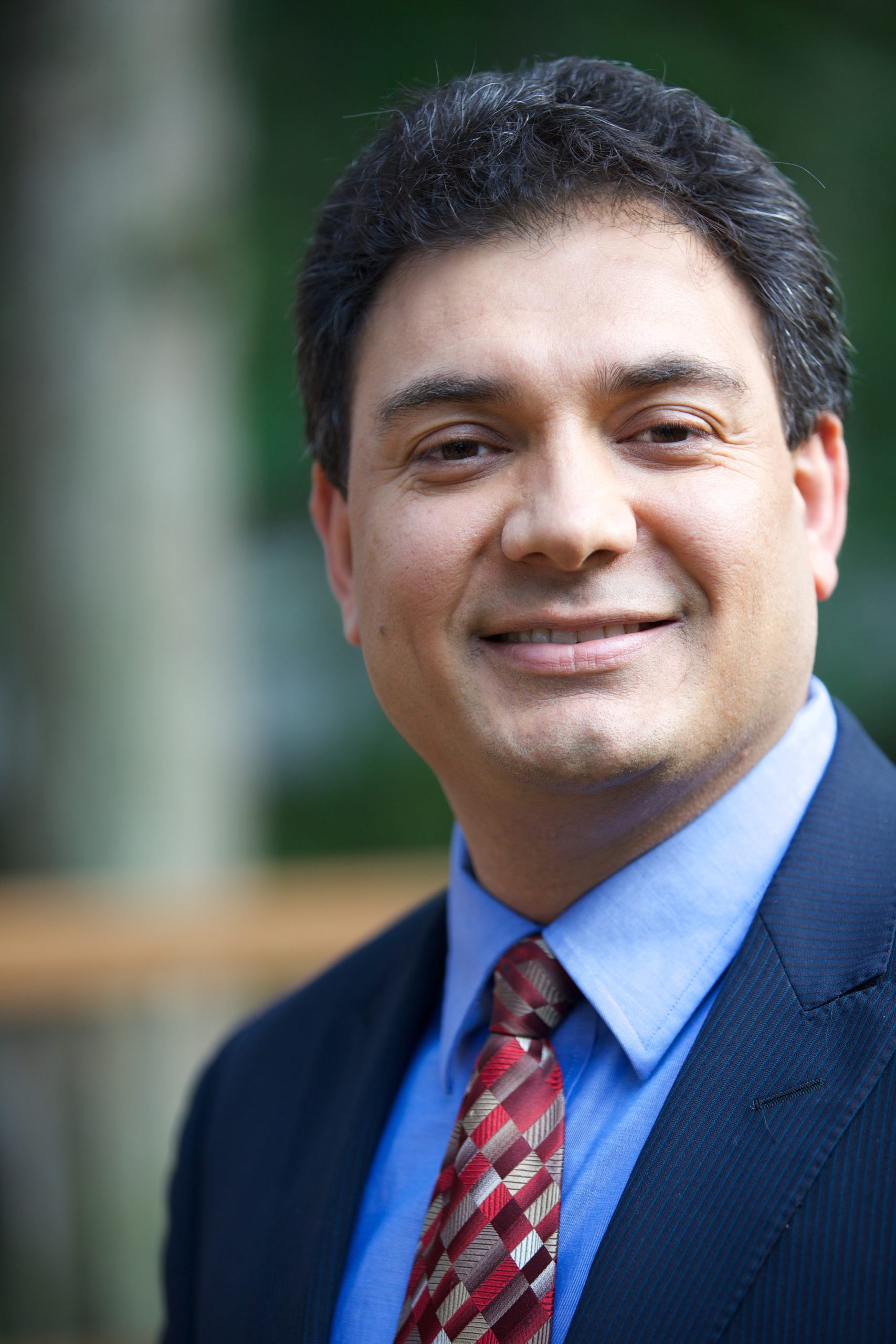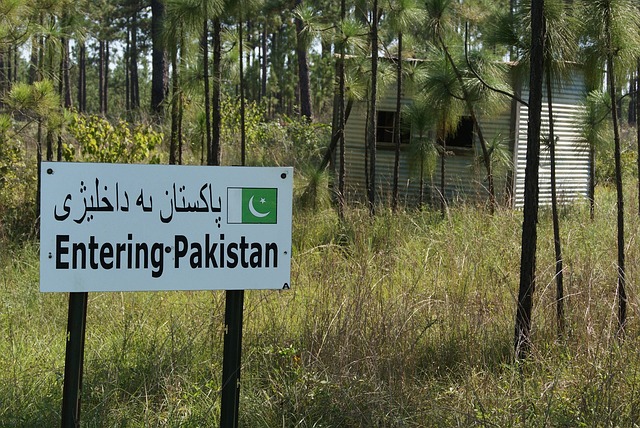Life in the Shadow of Invasions: The Kalashas Fight Extinction in Pakistan – Part III
Authors: John T. Pinna and Senge H. Sering
The Cold War, as manifested in Afghanistan through Islamic Jihad, had a negative impact on the ethnic and religious minorities straddling the Durand Line.
The Jihad warfare gave rise to the Afghan Taliban (TTA), Tehrik-e-Taliban Pakistan (TTP), and ISIS/ISKP/Daesh, all of which terrorize Shias, Hazaras, Hindus, Sikhs, and most notably the Kalasha of Chitral. They also work with other Pakistani terror outfits such as the Lashkar-e-Toaiba, Jaish-e-Muhammad, Lashkar-e-Jhangvi, and Jundullah to broaden recruitment base and territorial control.
Terrorist groups such as the TTP intimidate the Kalasha to embrace Islam in order to avoid violent attacks. Disagreements between the Afghan Taliban government and the Pakistani government have exacerbated an already chaotic situation, leading to increased attacks in the Chitral district. The situation is similar to the US withdrawal in 2011, when the Taliban ambushed Chitral’s Arandu valley, killing 35 Pakistani law enforcement officers.
In 2022, Philip Chrysopoulos of the Greek Reporter wrote about the Taliban kidnapping Thanasis Lerounis, a Greek teacher who lived in Chitral to help preserve Kalasha culture and language. During the operation, the Taliban also killed the police officer tasked with protecting Lerounis.
The Kalasha community took to the streets to protest his kidnapping, citing his valuable contributions in building a museum and cultural center, a medical center, a community hall, a library, and the primary school complex. Lehraous was eventually released after seven months. Locals claim that no European volunteers have worked in their valleys since Lerounis’ abduction.
Arasto says that Lerounis’ departure resulted in the loss of many local jobs. Furthermore, the government shut down the majority of his operations and took over the primary school, where Kalasha students now receive Islamic education from non-local teachers.
Despite deep hostility between Pakistan and Afghanistan over border demarcation, Pakistani society as a whole continues to be complicit in the Taliban’s attacks on non-Muslims, usurping their lands and forcing them to convert.
Activists like Shakeel believe that the Taliban and local influential Muslims collaborate to persecute and eradicate Kalasha existence. Religious polarization benefits both Islamic seminaries and the Taliban with Madrassa graduates making up the vast majority of the Taliban’s foot soldiers.
During Cacopardo’s stay, an Afghan extremist group occupied and destroyed Kalasha forests. They used guns and explosives to attack Kalash villages, killing the brother of Kalasha leader Saifullah Jan. Depriving Kalasha of natural resources impoverishes them, forcing them to either relocate or convert.
According to Adnan Aamir of the Lowy Institute, forced conversion, abduction, and displacement of non-Muslim Kalasha is a massive propaganda win that also boosts recruitment potential and morale among existing cadres. The defenseless Kalasha children are easy prey for Taliban-affiliated Madrassahs and remain in grave danger of poaching. Moreover, controlling Chitral also allows TTP to expand into the neighboring Ghizer district of Gilgit-Baltistan, which has linguistic and religious ties with the Chitralis.
In September 2023, hundreds of TTP militants attacked the Kalasha valleys, this time with the goal of establishing a permanent stronghold. Although the Pakistani military drove the Taliban out, the valleys are now off-limits to foreign tourists.
Taliban incursions increase the presence of Pakistani troops in Chitral, neither of which bodes well for the Kalasha. Pakistani troops occupy local community halls, medical facilities, and schools as staging posts, impeding the provision of basic services. There are numerous reports of Pakistani security forces molesting and raping women and male children in the valleys along the Durand Line. In some cases, they were accused of breaking into homes and taking valuables.
Locals claim that the authorities used the deteriorating security situation as an excuse to reduce the frequency and duration of their religious festivals. For example, the 53-day-long Uchaw festival, which used to take place from July 1 to August 22 each year, is now held for only two days, August 21 and 22.
Speaking to the BBC in November 2023, Shayeer stated that the Kalasha remain surrounded by various types of Muslim encroachers and poachers, so the military cannot simply transfer blame on the Taliban for the local plight. Regardless of whether the Taliban or the military win, the locals suffer. It is disheartening to realize that Chitral was their only home, and given the inadequate political or economic leverage, her community would have to remain there, dead or alive.
The Kalasha culture ensures equal societal roles and the freedom to choose life partners for all genders. No other religion in Pakistan provides women with as many options as Kalasha culture. The Pakistani lawmakers could learn from Kalasha practices to improve the country’s flailing reputation which is plagued by misogyny, chauvinism, religious apartheid, and terrorism.
Given the prevailing religious apartheid, the Kalasha frequently face economic hardships and lack access to basic services, exacerbating their vulnerability and marginalization. Economic and societal pressure from the Islamic community has left no choice for some Kalasha but to convert to Islam.
Parkes describes the bleak situation of the Kalasha farmers who are saddled with heavy debts after losing agricultural output to droughts, floods, and harsh winters. In July 2015, heavy floods wreaked havoc on Rumbur Valley, destroying farmland and homes and washing away roads and bridges. It destroyed the majority of the irrigation network and water mills. Pakistani relief organizations attempted to trade food and medicine for religion with the Kalasha, just as they had done with Hindus and Christians in Sindh, and Zikris in Balochistan.
Kalasha who fail to repay their loans with exorbitant interest to Muslim shopkeepers, risk losing land, orchard trees, livestock and even their homes as collateral. Those who convert to Islam, on the other hand, face less stringent repayment terms. Some also convert because Muslim entrepreneurs prefer to do commerce with converts. Shakil Durrani, speaking with Naqvi, explains that government departments prefer Muslims over Kalasha for jobs, which has resulted in conversions. In one instance, a Muslim teacher refused to advance Kalasha students to the next grade until they converted to Islam.
Shakeel narrates how his father was forced to relocate to Nuristan in order to find work. He returned after several months, this time as a Muslim with a long beard. At home, he pressed his family to convert, and all but one son gave in.
Naqvi exclaims that poverty-stricken Kalasha are promised thousands of dollars to convert to Islam, but in many cases, they are duped out of the bribe. The newly converts do not retract from Islam even after failing to receive bribes for fear of being accused of apostasy and stoned to death.
Ariana Azam is a popular Kalasha singer who rose to prominence in 2018 after performing a Kalashamon song on a Pakistani television show. In his 2020 article for Chitral Today, Manzoor Ali writes that Ariana and her sister converted to Islam after an Islamabad-based Muslim family paid for her ailing sister’s large hospital bill.
Despite the impression that Kalasha are easy target for proselytizers, Khaliq argues that his community fights for every individual trapped in such unforgiving circumstances. He used the example of a 13-year-old girl who was drugged, kidnapped, and forced to convert. However, the Kalasha were able to reclaim her through the village council.
Kalasha take pride in their ancestors’ refusal to convert and fight to preserve religious identity and customs within the constraints of available means. Their oral traditions mention ancestors who endured slavery, forced labor, and the burden of heavy levies without converting to Islam. One folktale narrates a horrific incident in which sixty Kalasha women committed mass suicide to avoid kidnapping and conversion.
Islamic conversion brigades are able to sustain their operations while riding the basic premise that changing one’s religion is the fundamental right of an individual as enshrined in the United Nations Human Rights Declaration.
Yes, the United Nations does give the right to individuals and organizations to persuade others to change their religion, but it also condemns a genocidal attempt to eradicate an entire cultural or religious community.
Just as we would be outraged if Azerbaijani Muslims converted the entire Christian population in Nagorno-Karabakh to Islam or if China converted the entire Muslim Uyghur population to Buddhism; we should make every effort to prevent Pakistan from carrying out a similar extermination policy against the remaining Kalasha.
The members of the United Nations Human Rights Council bear the moral responsibility to expose and prevent Kalasha colonization. The consistency with which Kalasha, Shias, Ahmadis, Hindus, Zikris, and Christians are persecuted in Pakistan demonstrates governments’ complicity, and the international community should impose sanctions on Pakistan to make this unrelenting endeavor more costly.
The US State Department has designated Pakistan as a Country of Particular Concern (CPC) for failing to protect religious freedom. However, this designation is symbolic because US laws prohibit sanctions against Islamabad for such violations. It is perplexing that the US government would allow Pakistan to mock its regulations through the ineffective CPC while continuing blatant crimes against non-Muslims.
One option is to bind IMF credit approval to the Pakistani government distinguishing between extremely vulnerable religious and cultural communities, such as the Kalasha, and pursuing legislation to give them preferential protection.
In 2018, the State Department issued the historic Potomac Declaration and the Potomac Plan of Action, which provide a framework for governments to save religions and cultures associated with threatened minority groups.
The plan includes responding to threats of genocide and mass atrocities, and preserving minorities’ cultural heritage. It condemns coercing people to adopt or convert to a specific religion. The plan also calls on governments to repeal oppressive anti-blasphemy laws and other legislation that persecute religious minorities.
At the same time, the US government announced the Genocide Recovery and Persecution Response Program and the International Religious Freedom Fund to assist persecuted religious minorities. The declaration urged nations to mark August 3 as a day of remembrance for survivors of religious persecution. The United States should use this provision to pressure Pakistan to grant special status to the Kalasha.
In addition to sanctions, the preservation of the Kalasha necessitates a number of affirmative steps, all of which require adequate UN involvement. Given the alarming decline in the Kalasha population to fewer than four thousand, the UN should conduct a site assessment for situational analysis.
This assessment is critical for determining the magnitude of population decline and documenting risks to current cultural practices, rituals, and languages. It will provide invaluable insights and data to raise global awareness, laying the groundwork for effective intervention strategies, aid distribution options, and adequate resource allocation.
Understanding the Kalasha’s unique needs and challenges will assist in developing tailored programs to address their specific issues, rather than employing a one-size-fits-all approach. It shows respect for their independence and an honest approach to their well-being.
The Kalasha reminds us of the Yazidis, who are being attacked by Muslims from all sides. Despite their small numbers, their determination to preserve cultural identity provides a glimmer of hope at the end of the tunnel. The world should not abandon and fail the Kalasha, as it has done with the Yazidis.
John T. Pinna is the Founder and Executive Director of Muslims for Muslims International.

Senge Sering is the President of Gilgit Baltistan Institute in Washington D.C.

